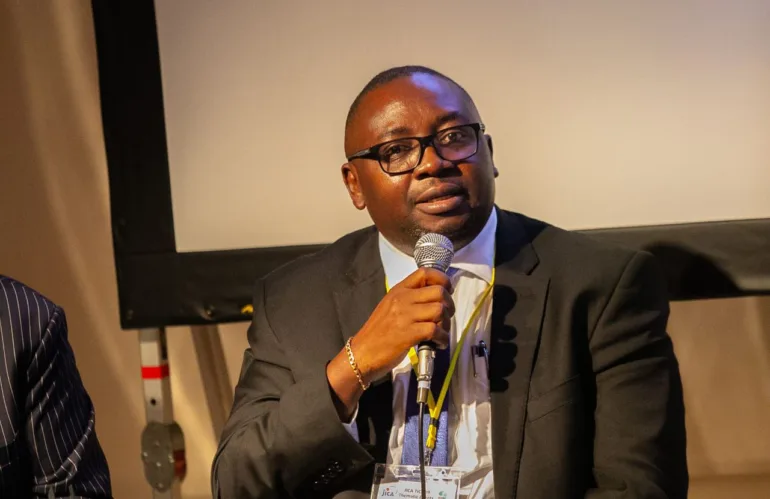The Federal Government is in advanced discussions with the Japan International Cooperation Agency (JICA) for a $238 million loan to expand Nigeria’s national electricity grid, with a primary focus on strengthening the transmission segment of the power value chain.
This formed part of the outcomes of Nigeria’s participation at the 9th Tokyo International Conference on African Development (TICAD 9), held in Yokohama, Japan. The Nigerian delegation was led by President Bola Tinubu and included key ministers such as the Minister of Power, Adebayo Adelabu.
During the conference, the Nigerian team engaged with top Japanese energy stakeholders, including Toshiba, Hitachi, Japan’s Transmission & Distribution Corporation, and Energy Exchange Corporation. Discussions focused on infrastructure investment, operational efficiency, and reducing transmission losses.
The proposed loan is anchored on a recent Federal Executive Council (FEC) approval for a ₦19 billion counterpart funding, which is expected to catalyse the $238 million JICA facility. The funding will support the expansion of Nigeria’s transmission grid through the construction of 102.95 kilometres of new 330kV double circuit (DC) transmission lines and 104.59 kilometres of 132kV double circuit lines. It also includes the development of four new 330/132/33kV substations, two 132/33kV substations, two 330kV line bay extensions, two 132kV line bay extensions, and one additional 132kV substation.
In addition, Minister Adelabu revealed that Nigeria is pursuing a $190 million renewable energy loan supported by JICA. The facility will be used to scale up distributed renewable energy solutions in underserved communities across the country. This builds on the recently launched $750 million World Bank DARES programme under the Mission 300 Compact, targeting over 17 million Nigerians with clean and reliable electricity.
Further strengthening the collaboration, three JICA-funded substations—Apo in the Federal Capital Territory, Keffi in Nasarawa State, and Apapa in Lagos State—built under a $32 million grant, are now set for commissioning. These facilities will significantly enhance power reliability for homes, businesses, and industrial zones, particularly near the Lagos Port complex.
As part of the long-term strategy for sustainability, the partnership has also seen the commissioning of state-of-the-art training equipment at the National Power Training Institute of Nigeria (NAPTIN) in Abuja. This facility is designed to build local technical capacity, reduce system losses, and improve the skillset of power distribution engineers.
Speaking at a panel session titled “HICKARE Africa: Harnessing Innovation, Co-Creation, and Knowledge for Accessible and Resilient Energy for Africa,” Minister Adelabu outlined Nigeria’s current energy realities—highlighting that only around 60 percent of Nigeria’s 200 million population has electricity access, much of it unreliable.
He emphasised the government’s dual-track approach of expanding the national grid in urban centres while accelerating off-grid solar mini-grids and standalone systems in rural and peri-urban communities.
Despite challenges such as limited access to affordable capital, high cost of rural electrification, and under-utilisation of productive-use equipment, the Minister said Nigeria remains committed to solving these issues through supportive policies, private sector collaboration, and local manufacturing of renewable energy components.
Adelabu also expressed appreciation to JICA and the Government of Japan for their longstanding partnership, describing them as reliable allies in Nigeria’s energy transition and electrification goals.
In his address at the summit, President Bola Tinubu reiterated that Nigeria’s participation at TICAD 9 was not about diplomacy for show, but about securing strategic, outcome-driven partnerships. He stressed that the nation is now focused on moving from planning to execution, from signing agreements to delivering results.


